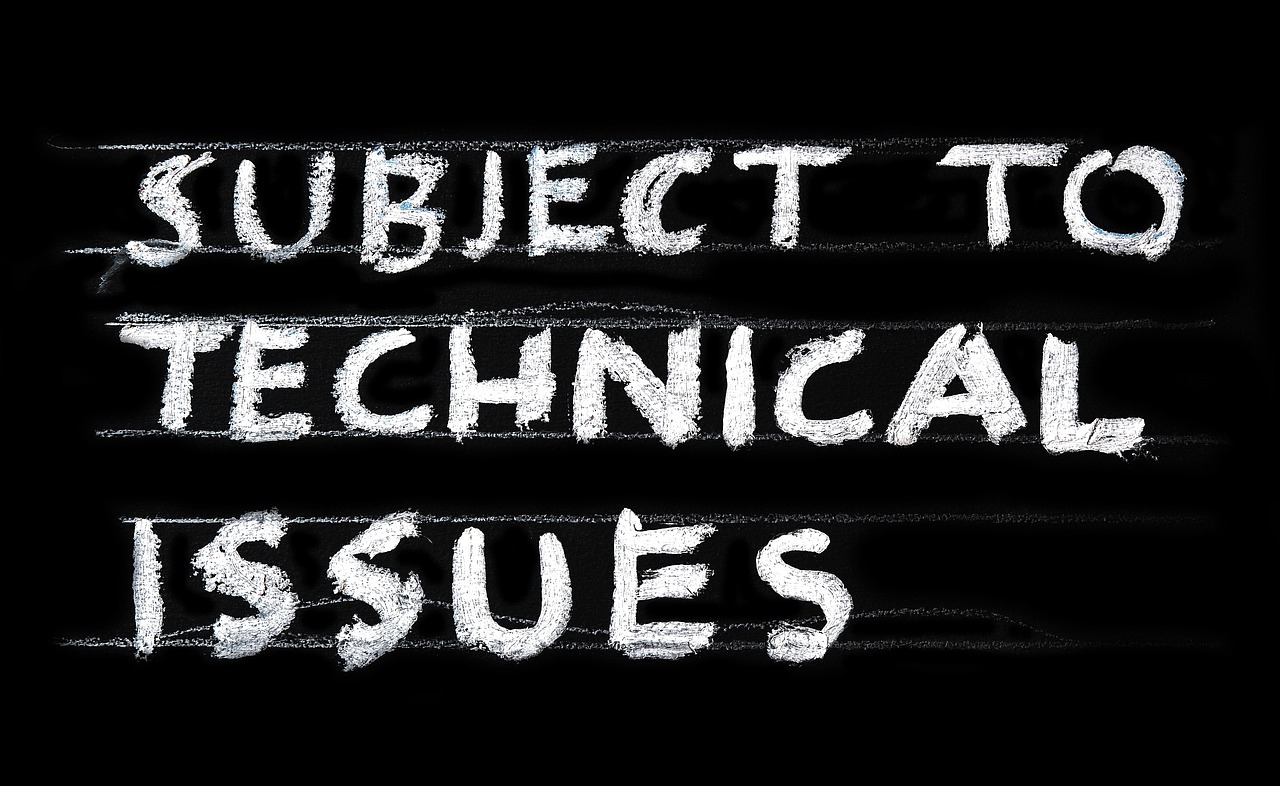The Potential of Quantum Computing in Quantum Communications
One of the primary hurdles in quantum communication is the issue of maintaining quantum coherence over long distances. Quantum information is highly fragile and readily susceptible to environmental noise and interference, leading to a significant loss of data integrity. Researchers are continually exploring solutions to mitigate this challenge, such as developing robust error-correction techniques and leveraging quantum repeaters to amplify quantum signals.
Another key challenge is the limited scalability of current quantum communication systems. While quantum phenomena offer remarkable cryptographic capabilities, the practical implementation of large-scale quantum networks remains a complex endeavor. Overcoming the scalability barrier requires addressing fundamental issues related to connectivity, compatibility, and standardization across diverse quantum platforms. Researchers are actively working towards enhancing the scalability of quantum communication protocols to realize their full potential in the era of quantum technology.
Understanding Quantum Computing
Quantum computing is a cutting-edge field that harnesses the principles of quantum mechanics to process information. Unlike classical computing’s binary system of bits representing either 0 or 1, quantum computing uses quantum bits or qubits that can exist in multiple states simultaneously. This concept of superposition allows quantum computers to perform complex calculations exponentially faster than traditional computers, making them ideal for tackling tasks that are computationally intensive.
Another fundamental principle of quantum computing is entanglement, where the state of one qubit is dependent on the state of another, even if they are physically separated. This interconnectedness enables quantum computers to solve problems in a parallel and interconnected manner, vastly expanding their computational power. With the potential to revolutionize fields such as cryptography, artificial intelligence, and drug discovery, quantum computing represents a paradigm shift in how we process and analyze information.
Advantages of Quantum Communication
Quantum communication offers a high level of security that surpasses classical encryption methods. This is achieved through the fundamental principles of quantum mechanics, which make it extremely difficult for any external party to intercept or eavesdrop on the communication without being detected. Additionally, quantum communication allows for the secure transfer of information over long distances, making it a reliable choice for confidential and sensitive data transmission.
Furthermore, quantum communication has the potential to revolutionize the field of information technology by enabling faster data processing and transmission speeds. Quantum communication protocols can transmit information nearly instantaneously, overcoming the limitations imposed by the speed of light in traditional systems. This enhanced efficiency opens up new possibilities for real-time communication and data exchange, providing a significant advantage in applications where speed is crucial.





